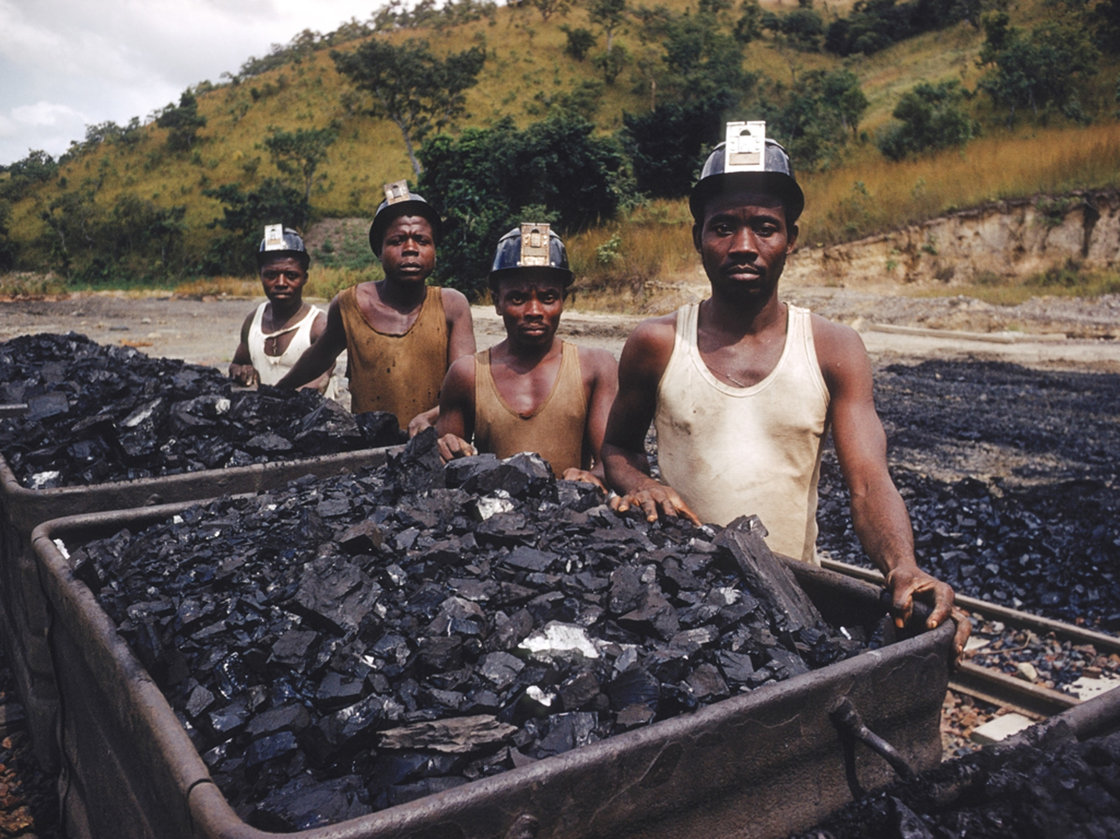Nigeria’s mining sector has over the last couple of months come under increased attention following the appointment of a new Minister for Mines and Steel Development, Dr Kayode Fayemi.
The country’s mining industry had until the 1970s been a thriving source of revenue with Nigeria, at the time, being one of the leading exporters of coal, tin and columbite.
Unfortunately, this rapidly growing industry, though was certainly focused on exporting the raw materials, soon drifted into decline with the discovery of crude oil and subsequent uneventful transition to a largely single commodity economy.
This declining trend continued and no sooner, nearly all the mines in the country were either operating below capacity or completely shut down.
More so, the crown jewel of the mining industry – ALSCON which among a few pioneers of its kind would have transformed Nigeria into a not just an exporter of raw material exporter but also have its roofing sheets, cans, and perhaps auto and aircraft parts exported and used in other parts of the world.
Growing up in Nigeria and perhaps having the opportunity to visit some of these sites particularly, ALSCON’s at Ikot Abasi, a local government area in the country’s southern state of Akwa Ibom, one could hold no doubts that whatever happened there in what is probably the biggest industrial site in Africa was certainly going to affect the entire nation.
Now trapped in a legal battle of ownership stemming from its privatization, such childhood expectations are yet to become reality.
However, all hopes is not lost on revitalizing this critical sector of Africa’s largest economy.
First, the increased awareness about the issues surrounding its dormancy facilitated by the Ministers nation-wide tour of Mining as well as steel processing facilities has earned the commendation of many Nigerians and foreign observers alike.
Most recent of this being the visit to ALSCON Ikot Abasi were the minister as well as the nation learnt not just of the economic potential of the facility which is believed to be capable of providing over 2000 direct and an estimated 10,000 indirect employment opportunities but also, its power plant which has the capacity to generate over 500mega watts of electricity: with nearly 150 megawatts being excess generation and of which can be fed to the national grid, or at least that of the immediate environment – Akwa Ibom State.
In complete awe of the situation, the Mines and Steel Development Minister, Dr Kayode Fayemi is noted as saying that the country could not “have such a huge national asset like ALSCON and allow it to go into ruins, and If privatisation must work, there must be sanctity of contractual agreementâ€.
Furthermore, is the ministry has rolled out a 7-point strategy to revamp the mining and steel development industry in the country.
One of which includes, mobilizing private sector partnership through a platform for direct as well as indirect investment in the mining and steel development through donations or grants for start-ups in the business and provision of modern infrastructures to facilitate production.
As a first step towards implementation of this 7-point strategy, the federal government of Nigeria through the Ministry of Mines and Steel Development on Friday 16th June 2017, inaugurated a donor development agencies to assist in bridging gaps and deficiencies in the Nigerian mining sector.
Dr Kayode Fayemi, Minister of Mines and Steel Development, announced this at the inauguration of the development partners and donor agencies coordination group on mining in Abuja on last weekend.
The donor or partners group will includes the World Bank, UNIDO, UNDP, DFID, Open Society Initiative for West Africa (OSIWA), among others.
How great it would be if this efforts are followed through and the Nigeria’s mining and steel development back on its foot again. What more does the nation deserve?
Â
Â
Â





